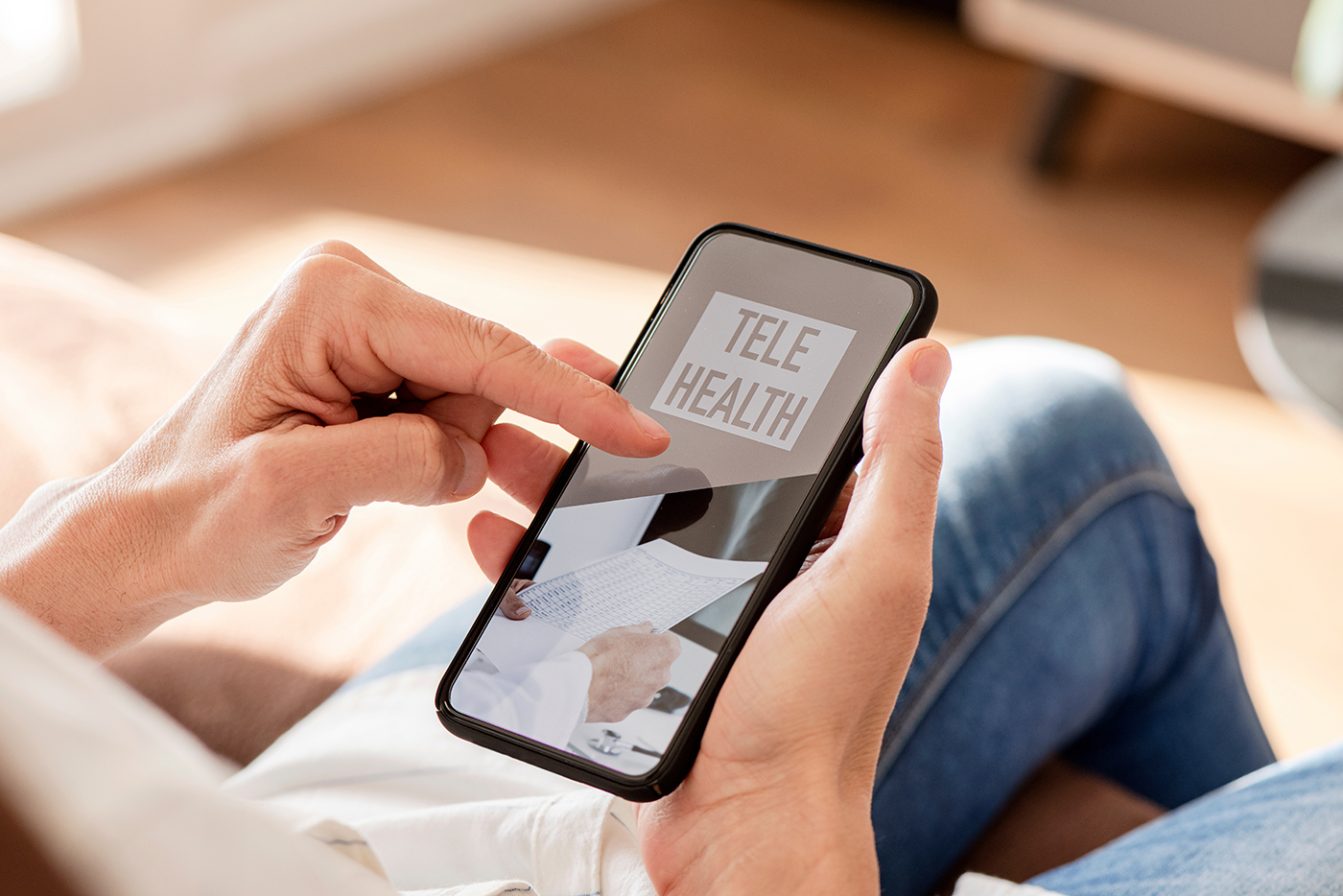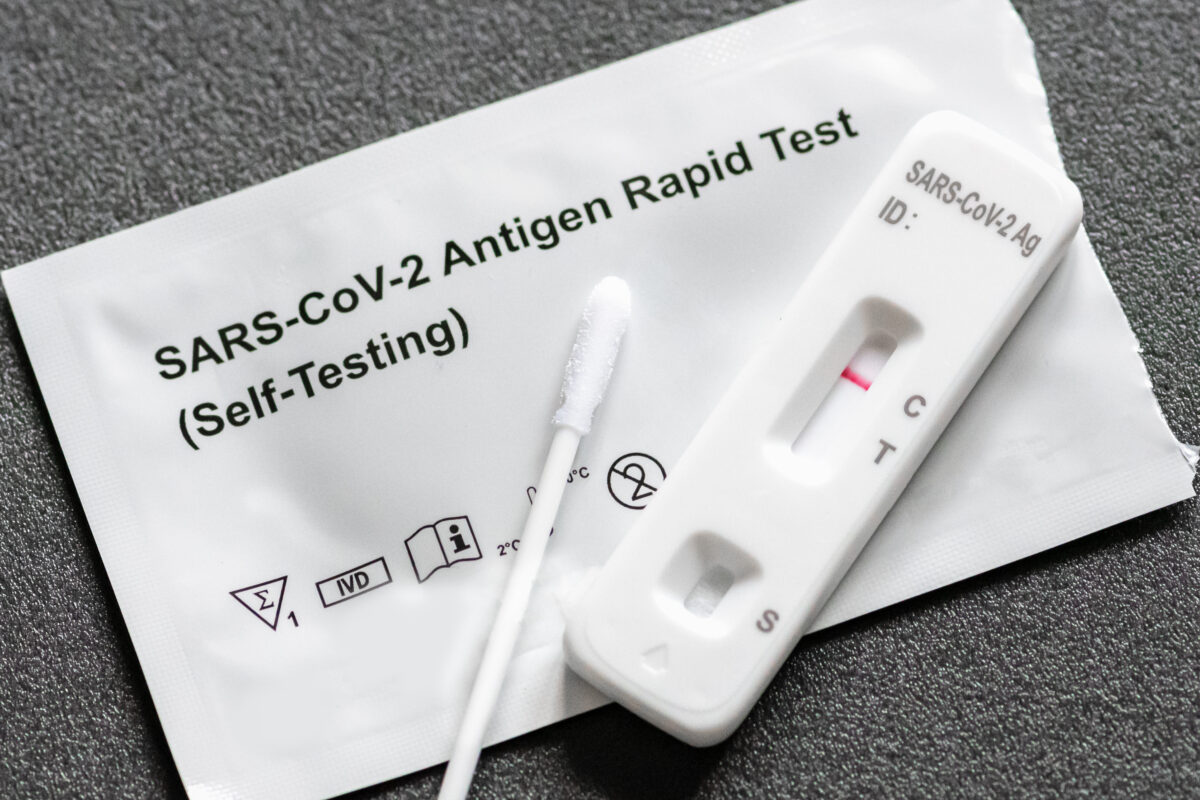The COVID-19 pandemic has pushed telehealth into the mainstream, with vast numbers of patients and healthcare providers turning to virtual visits to maintain social distancing while still receiving and providing medical care. Much of this telehealth boom has been made possible by temporary provisions put in place during the COVID-19 public health emergency, which will expire May 11. This blog post looks at what the end of the public health emergency will mean for key telehealth policies.
Medicare:
While certain telehealth flexibilities will come to an end in May, Congress has extended some flexibilities for Medicare beneficiaries through December 2024 under the Consolidated Appropriations Act. These include:
- Allowing Medicare beneficiaries to access telehealth services from any geographic area, including their homes. Prior to the public health emergency, originating site (the physical location of the patient) requirements limited telehealth services to beneficiaries living in rural areas and/or required beneficiaries to travel to eligible healthcare facilities to access telehealth services.
- Letting certain telehealth visits be delivered with audio only if a beneficiary is unable to use both audio and video on a smartphone or other device.
- Permitting beneficiaries to receive telehealth services authorized in the 2023 Medicare Physician Fee Schedule in their homes.
- Allowing federally qualified health centers and rural health clinics to serve as distant site (the physical location of the healthcare provider) providers for non-behavioral or mental health services.
The Centers for Medicare and Medicaid Services also implemented payment parity for telehealth services provided during the public health emergency at non-health facilities such as beneficiaries’ homes, allowing telehealth services to be reimbursed at the same rates as similar services provided during in-person visits. Payment parity for Medicare telehealth services is set to cease at the end of 2023, barring any additional federal action.
Medicaid:
In Arkansas, many Medicaid telehealth flexibilities have already expired because they were dependent upon the governor’s extension of the state’s recognition of the public health emergency. Arkansas’s emergency declaration expired on Sept. 27, 2021. The Arkansas General Assembly passed legislation in 2021 to make some temporary waivers permanent, however, including:
- Act 624 of 2021, which permanently extends Medicaid coverage of behavioral health and substance use services delivered through telehealth.
- Act 767 of 2021, which allows a patient’s home to be considered an originating site for purposes of Medicaid coverage.
- Act 829 of 2021, which authorizes audio-only consultations to qualify as covered services.
Other Telehealth Policy Impacts:
- Federal law bars providers from prescribing controlled substances without an in-person exam, but during the public health emergency, the Drug Enforcement Administration (DEA) waived such requirements and allowed both new and established patients to receive prescriptions via telehealth visits. While some advocates had hoped the DEA would continue allowing access to these medications via telehealth, the agency recently issued rules that would restrict the ability of providers to prescribe certain medications without an in-person visit.
- The Department of Health and Human Services waived possible HIPAA penalties for providers that served patients in “good faith” in their communications during the public health emergencies. However, these protections will cease when the federal emergency expires in May.
In an upcoming post, we will discuss changes to COVID-19 tests, treatments, and vaccine coverage resulting from the end of the public health emergency.







